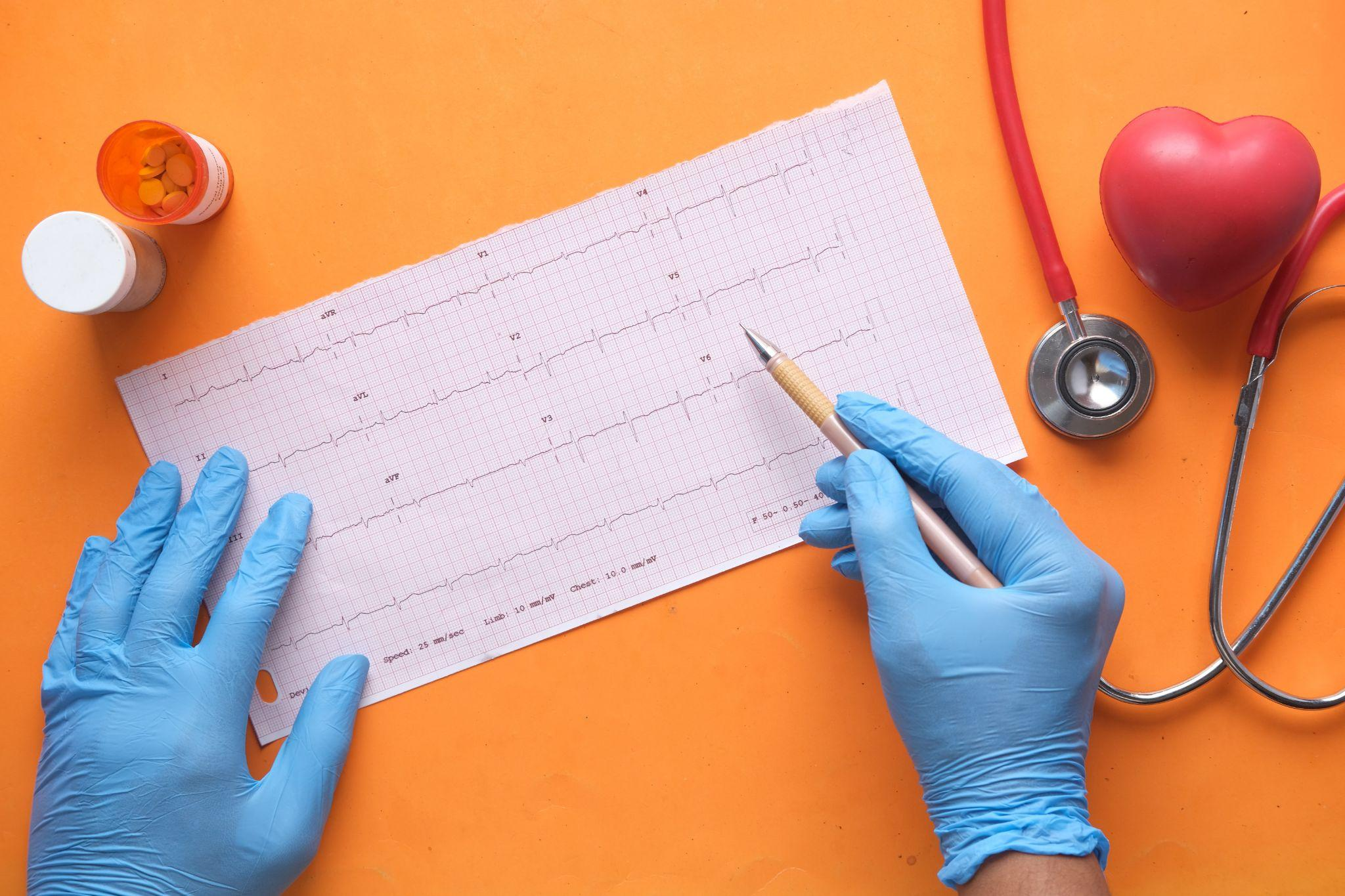The Most Common Causes Of Drug Relapse
October 18, 2022 | Posted In General

Relapse is unavoidable in many people’s recovery tales. When someone relapses, it is more than just a devastating failure to become sober. In reality, many accounts of effective addiction recovery include one or more relapses. The difference is in how relapse happens and how a person deals with it afterwards. Relapse is far less likely in a supportive setting such as a sober living home.
This is because individuals in sober living consistently work to develop new skills and healthy lives in sobriety. If a relapse does occur, residents are prepared to bounce back. Moreover, they can learn more about their addiction – and become better prepared to fight future triggers. Recovery houses in San Francisco are very helpful.
Recognizing the reality of relapses is critical in recovering from drug or alcohol addiction. Individuals with drug use problems relapse at a significant rate. 65% to 70% of persons who quit drinking relapse within the first year, with the great majority of relapses happening within the first three months. Because no one drinks for the same reasons, everyone’s relapse triggers are unique. However, several broad categories of experiences and motivations appear to enhance the risk of a slide. Recognizing these triggers is crucial for anybody hoping to discover healthy methods to cope with them. The five most typical causes that lead to addiction relapse are listed below.
New Relationships And Relapse
Many addiction counselors advise persons attempting to become sober to avoid sex and relationships for the first several months – or even a year. This is because people in early recovery seek to replace the gap left by drugs and alcohol with sex and closeness, which can lead to harmful relationship patterns.
Furthermore, for many people, dating and intimacy were severely influenced by drug and alcohol usage. It may be difficult to picture having sex or going on a date without a few drinks. The strain of the circumstance may make it difficult to say “no.” Finally, partnerships may be a cause of significant emotional distress.
Relapse And Social Isolation
Most addiction professionals refer to addiction as a “loneliness sickness.” This word is based on anecdotal evidence that people often turn to drugs and alcohol because they feel lonely – and also because one of the most serious effects of addiction is the ruin of crucial connections with friends and family members. People new to sobriety frequently realize that their social life is in shambles. Their few mates may turn out to be drinking companions rather than actual friends. Loneliness and sadness can be big motivators for recurrence.
Relapse And Pink Clouds
It may surprise you that many people relapse in early recovery because they feel so fantastic. During the initial few weeks or months of abstinence, many people experience what is known as a “pink cloud.” Being on a “pink cloud” denotes joy brought on by one’s newfound sobriety. They may be ecstatic as they realize all the advantages of a life free of the enticements of drugs and alcohol.
Sober living homes are great resources for anyone who wishes to avoid relapsing. Clean living houses are vital for acquiring the tools and behaviors needed to stay sober in the long term, whether you enroll in one right away or utilize it as an aftercare method after visiting a treatment center.